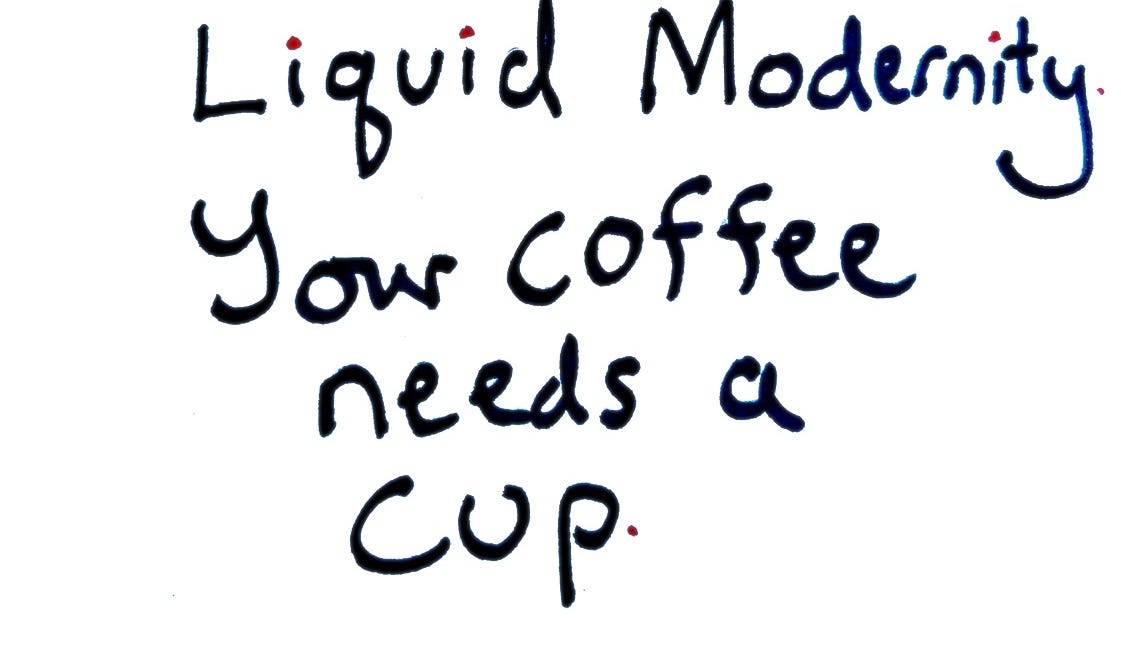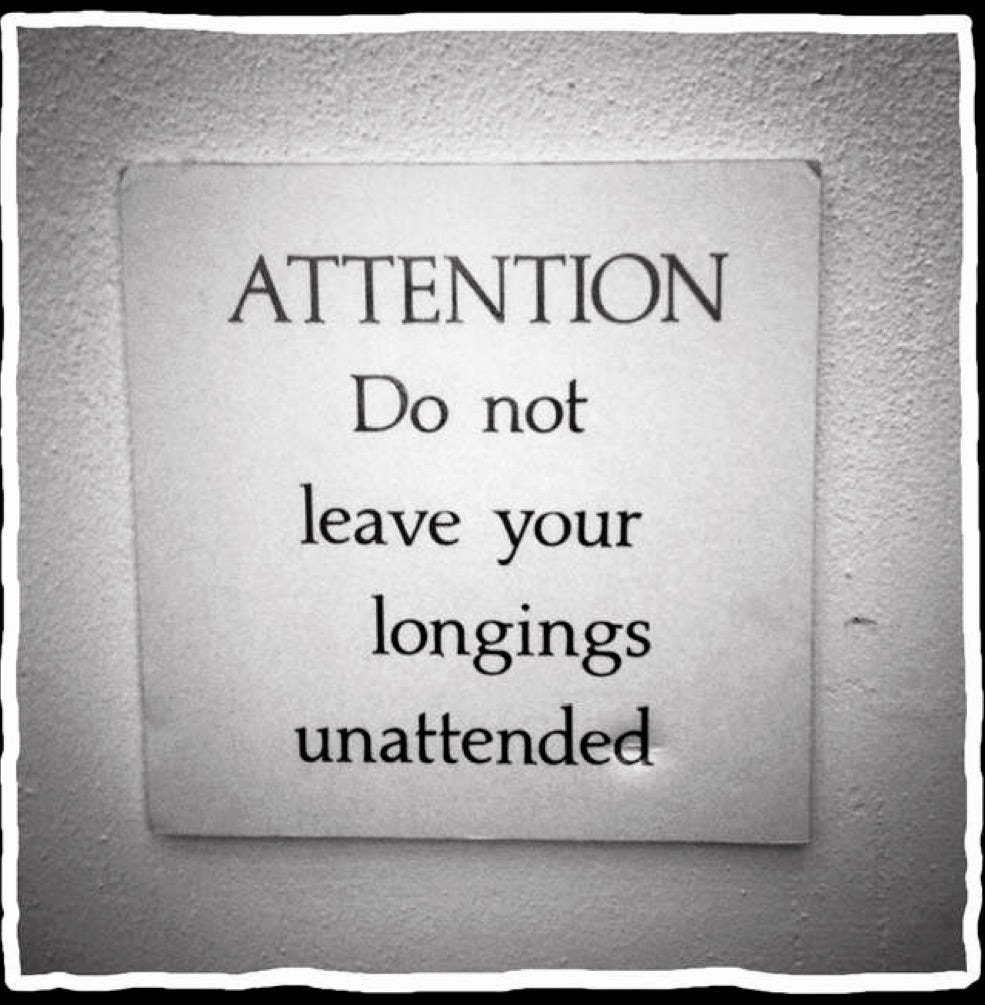Warning: It's Not Just Your Attention
The hard stuff just got harder. The easy stuff just got easier.
A wealth of information creates a poverty of attention.
~ Herbert Simon.
There is a prescient quality to the words above made in 1971, made by a pioneering figure in cognitive sciences and artificial intelligence.
It is not new news that our attention is up for grabs.
Listen to Joe Rogan's calling out the potential "massive distraction" of AR glasses, while Mark Zuckerberg actually thinks it's a good idea.
What is an Algorithm?
Cathy O’ Neil, author of Weapons of Math Destruction describes algorithms as using historical information to make predictions.
If our future is asymmetrically left to people who owns the code, we are going to get a world that is designed for people who shaped Instagram, TikTok, Twitter and the like.
Joe Rogan's response should also be our responses: Why should we let our attention be stolen, every day, every other minute?1
But there is a greater worry. The warning we must take heed is not only that our attention and time is lost. More insidiously, our intentions are getting thwarted and pushed to the wayside.
See this Related Post:
Liquid Modernity: Your Coffee Needs a Cup
Something's missing. Your coffee needs a cup. The cup needs to withstand the heat. It has to hold what I am after. A handle, that's a plus. If I have coffee, but no cup, I have nothing. Liquid Age In this liquid age, where nothing seems to hold, and everything is a state of flux, we need to have "cups."
The Hard Stuff and the Easy Stuff
Even though that one email would take you only 5 mins max to reply (or so you think), you actually end up taking 1hr to even get started. Because while being confronted by the Procrastination beast as your craft your professional response, you decided to go down that rabbit hole to search for a cheaper price for that Dyson vacuum you've been looking for the last 2 months.
Or that instrument you've been wanting to learn to play, just seems so hard to begin. Then you go "OK. Let's watch some youtube guitar lessons to get started." The next thing you know, 2hrs have slipped away; you haven’t even picked up the guitar.2
"Learning more" has actually become a barrier to actually picking up the instrument.
The hard stuff just got harder.
Spotify is shifting from a previous emphasis on music and moving into podcasts and audiobooks. Why? In terms of time spent, people clock more hours on podcasts than 3-min tunes.
Netflix is going into gaming. Why? Same rationale.
Every company in the attention economy is trying to have you parked in their homes. They do so by ex-communicating your intentions, and following their agendas—and for a time being, we enjoy being in their homes!
Life's fun and easy to keep scrolling and consuming the next video on your feed.
The easier stuff just got easier.
This is Not a Fire Drill
I know, I sound like a jaded, grumpy old Asian man. If I could, I would graffiti the neighborhood walls Banksy-style with the following: "Protect Your Intentions."
How do we protect our intentions?
Intentions must be protected as if it's your home. Only people you trust, and people you love are welcomed. The home of intentions can only be protected by the house of attention.
Attention are the walls that you build, brick by brick. Not to imprison yourself, but to build a home. A home is a place that is ours; not for the uninvited.
Protect Against Thievery
Let's start with a close examination of your attention.
In six-words, describe where your attention goes to.
Here’s mine:
Buzzing
Kids
Figuring
Pressure
Sorting
Left.
Take an honesty inventory. Some stats say that Aussies spend about 5.5hrs on their phones each day. About a third of our waking hours is consumed by a flat-earth in our palms.
This is a moral act. This is the right action. This is not just about reducing the amount of screentime for our kids. If we honestly examine the amount of time lost into the ethers of social media and infinite scrolls, news feeds and mindless information, this can't be right.
Is this how we should be spending our time? In the words of Charles Eisenstein, there is a more beautiful world that our hearts knows it's possible.
Right now, this is not it.
Draw the line, before someone else does it for you. Make a pre-decision of how you would actually like to spend your time, each day and each week.
Make clear what are your intentions are for the day. Protect it like your life depends on it. If not, some algorithm will embezzle your intentions.
“Art, like morality, consists of drawing the line somewhere.”
― G.K. Chesterton
The trouble is, perhaps, we are also willing parties.
I spent more than 3 hours lost in "productivity" apps hunt, while I was actually trying to be productive writing a manuscript. Argh.




